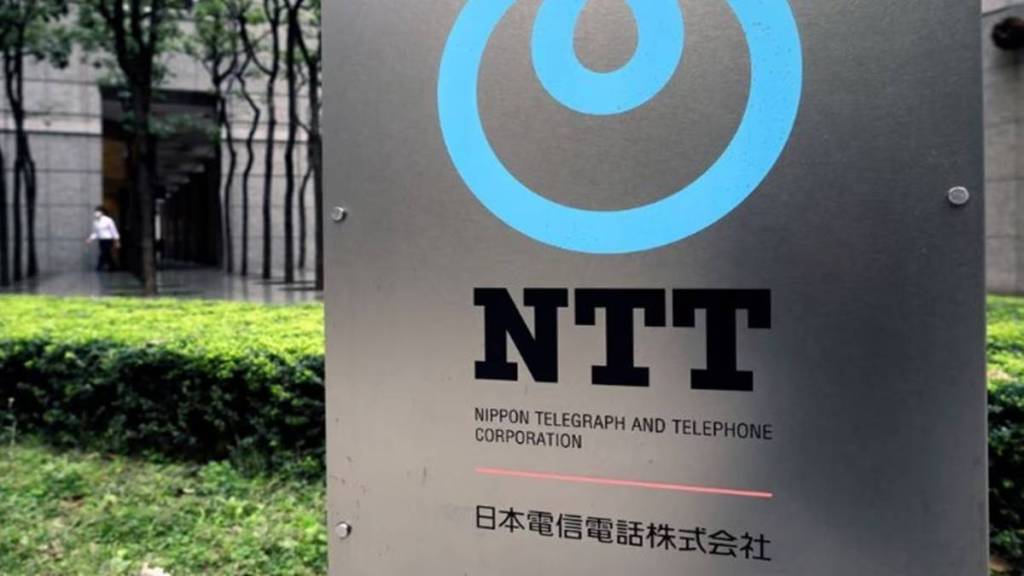The business process outsourcing (BPO) unit of NTT DATA is planning to double its India headcount to 20,000 over the next two years. Over one-fourth of NTT DATA’s 45,000 employees in India are in its BPO unit. The Japanese tech major is increasingly bringing more highly skilled work to India, while it has automated most of the low-skilled work in the last six years in India.
Rohit Puri, Group SVP, BPO, NTT DATA, said, “Whatever low-skilled work used to happen maybe five or six years back in India, we have already automated that.” He added that India has moved up the value chain and today they are getting high skilled work to India.
He added, “Today, the type of work that gets done in India is maybe at par with what would have got done in the US. And there’s not much differentiation that we are seeing from a productivity or quality perspective.”
He said that today the offshore-onshore ratio is about 80-20. “The 20% that sits outside of India is mainly because of regulatory requirements or state regulations that they can’t take the work offshore. It’s Medicare or Medicaid kind of work. Or the customer has a mandate by law that it cannot be done outside of the country.”
Explaining the high-skilled work that is being done in India, he said, “We have had a 30% increase in high-skill jobs over the past 2 years. There is a requirement for intelligence-rich, judgment-related workflows when we service our clients in the B2B space. We are seeing a trend of high-end, intellectually complex work being entrusted to us in India.”
Puri further explained, “For example, earlier, some low-value claims used to come to India, maybe $10,000 or $15,000 max. But today, there are some claims that have run into millions of dollars or higher like $500,000 or $600,000. So those high-end claims need a lot more thorough analysis before you adjudicate them and pay out that money. That’s one area where high-end claims are getting done out of India.”
The other work they do is related to banking – KYC (know-your-customer), and anti-money laundering. “There are a lot of high-profile customers who need to be profiled before the bank can give them what they need. And that industry is very regulated. So that whole high-end profiling, anti-money laundering, screening, all that is done out of India.” Those works were never done in India earlier, he added.


